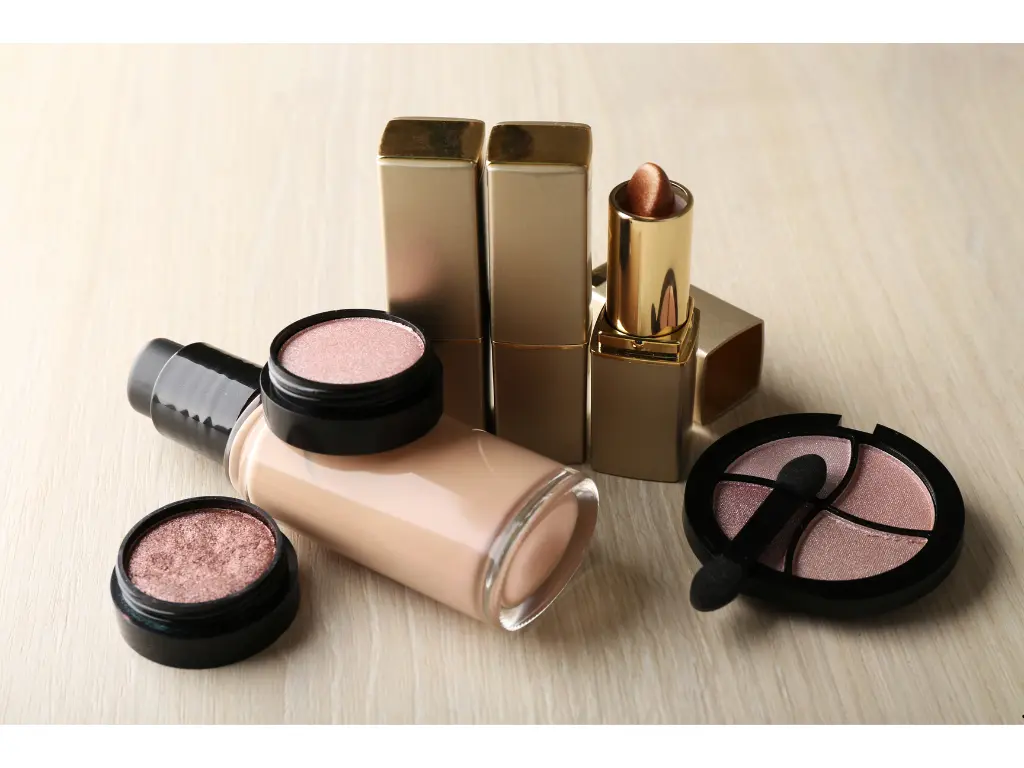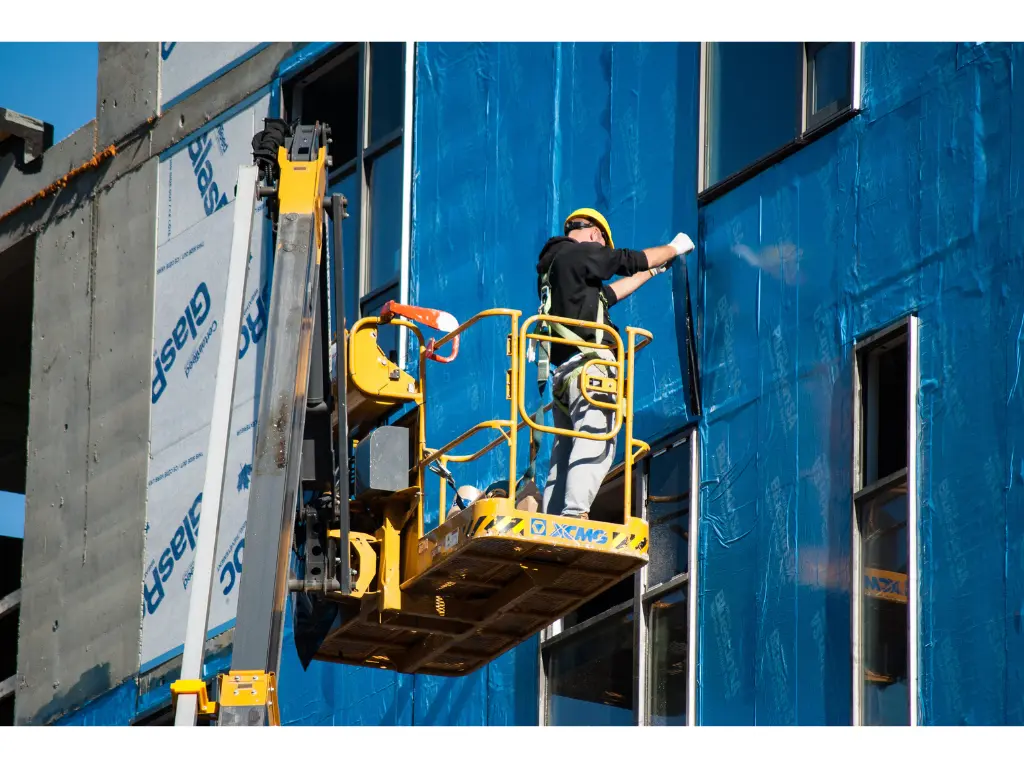- Home
- GPC Peru
Peru - Home
Login
Forget Password
There has been a notable increase activity in Peru related to the Globally Harmonized System (GHS) and chemical management in recent years. In line with regional and national trends, Peru approved a decree, and in May 2024, the Regulation of Chemical Substances (DS) was passed, incorporating GHS guidelines. By 2025, the approval of risk assessment guidelines is expected, followed by the launch of the National Registry of Chemical Substances (RENASQ) in 2026. By 2027, risk reduction and management measures are anticipated to be implemented. In 2028, the registration of chemical mixtures in RENASQ will commence, with the application of risk assessments projected to begin in 2029.
News

Andean Community Enhances Cosmetic Product Labeling Standards
Nov-25-2025
Cosmetic products in the Andean region are set to comply with updated labeling regulations following the latest resolution by the Andean Community's Secretariat. The Andean Community has introduced new guidelines for the labeling of cosmetic products, aimed at improving clarity, consumer safety, and consistency across its member nations. The changes, outlined in Resolution N° 2540, modify the existing Resolution N° 2310 to include more stringent requirements for product labeling.
Key Changes to Cosmetic Product Labels
The resolution specifies that complementary labels or stickers can be used to add additional details to a product's main label. These stickers must be firmly attached, indelible, and legible to provide crucial product information that can’t be included on the primary label due to size constraints.
The updated rules also expand the required labeling details for cosmetic products, including:
Product name and function
Expiration date or shelf life
Ingredients and net content (in weight or volume)
Lot number and country of origin
Instructions for use where necessary
Labels must be in Spanish but can include other languages where necessary, as long as they do not mislead consumers.
Regulations for National Health Authorities
The Resolution stresses that cosmetic product labels must comply with national health authority regulations in each member country. If a product needs a complementary sticker, it must be approved by the National Health Authorities (NSO) before it can be commercially distributed.
These changes are part of an effort to harmonize standards across the Andean region and improve consumer protection, while ensuring that cosmetic products sold in Peru, Colombia, Ecuador, and Bolivia meet international safety standards.
Implementation and Timeline
The new labeling rules will come into effect on December 17, 2025, giving companies time to adjust to the updated requirements. Manufacturers will need to ensure that their products meet the new labeling standards well before the deadline.
Further updates on the implementation will be provided by the Andean Community as the deadline approaches. The resolution reflects a growing trend in global consumer protection, aligning with international standards for labeling transparency in the cosmetics sector.

Peru Moves to Phase Out Toxic PCBs by 2028 Under New Regulation
Oct-01-2025
The Peruvian government has issued a sweeping new regulation aimed at eliminating one of the world’s most dangerous industrial pollutants: polychlorinated biphenyls (PCBs). The measure, published under Decreto Supremo Nº 018-2025-SA, sets out strict rules for the identification, handling, and eventual destruction of PCB-contaminated equipment and waste.
What Are PCBs?
Polychlorinated biphenyls are a group of toxic, non-biodegradable chemicals once widely used in electrical transformers, capacitors, and other equipment for their insulating properties. Persistent in the environment, they accumulate in human and animal tissue, causing cancer, immune system damage, and neurological disorders. PCBs were banned globally under the Stockholm Convention on Persistent Organic Pollutants, but many countries, including Peru, still grapple with legacy contamination.
Key Provisions of the Decree
The new Peruvian regulation establishes a framework for sanitary and environmentally sound management of all equipment and waste containing PCBs:
-
Inventories Required by 2025: All PCB holders, from power companies to mining firms, must complete inventories of their contaminated equipment and waste by 31 December 2025. These inventories will be reported to the Ministry of Environment and the Environmental Oversight Agency (OEFA)
-
Elimination Deadline 2028: PCBs must be fully removed and safely disposed of by 31 December 2028. After 2025, any equipment containing PCBs will automatically be considered hazardous waste and subject to strict controls
-
Treatment Standards: The regulation allows for two routes of elimination:
-
With recovery (e.g., chemical dechlorination), where oil and equipment can be reused if PCB concentrations fall below the safe threshold.
-
Without recovery (e.g., high-temperature incineration), ensuring irreversible destruction of the pollutants.
-
-
Bans on Dilution and Trade: PCB-contaminated oils cannot be diluted with clean oils to reduce concentrations. Likewise, the transfer of PCB-containing equipment or waste to third parties is strictly prohibited
-
Import and Export Rules: Import of PCB-containing goods is banned. Export of PCB waste will only be permitted when local destruction technologies are unavailable, in line with the Basel Convention on hazardous waste
Enforcement and Penalties
The Ministry of Health, through its environmental health directorate (DIGESA), will oversee occupational health standards related to PCB exposure. Meanwhile, the Ministry of Environment will manage the national PCB database and report progress internationally. Sanctions for violations range from warnings to fines of up to 100 tax units (equivalent to tens of thousands of dollars), as well as the cancellation of operating licenses in severe cases.
Public Health Measures
The decree also mandates that PCBs be added to the official list of occupational diseases within 30 days. Authorities must launch public awareness campaigns to inform communities about the dangers of PCB exposure and the government’s cleanup strategy. For futher details, please refer to the Decree here (in Spanish).
Login
Forget Password
Global Product Compliance (GPC) specializes in Global Regulatory Compliance Solutions across sectors
globally. SSS Europe, a familiar name in chemical regulatory and compliance services now formally belongs
under the umbrella of GPC Holding Sweden.
Since 2008, we have emerged as one of the leading names among Global Regulatory Compliance Service
Providers with Representation services in Europe, Asia and Middle East for respective chemical
regulations.

 Twitter
Twitter
